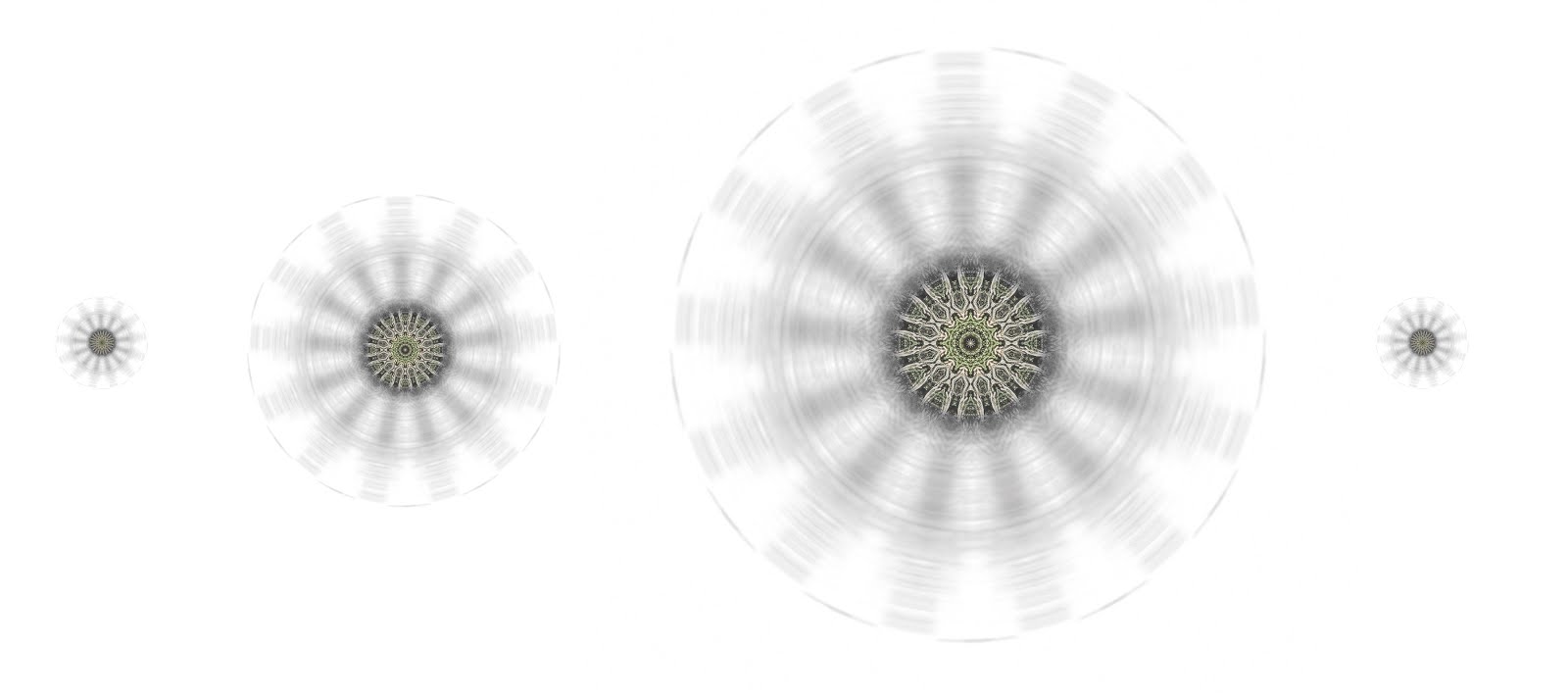
Photo Credit: Descubridor de cascadas, 2000, Tomas Sanchez
We might wonder: Why do we humans need to go through an initiatory process to discover our destined place in the more-than-human world when, as far as we can tell, other species do not? This question brings us right to the heart of the matter, touched on earlier: We humans possess a power that other species -- again, as far as we know -- do not possess, or at least not in the way or to a degree that we do. This power is our form or mode of consciousness, our capacity for conscious self-awareness, our outlandish ability to be aware that we are aware. This ability is both our greatest strength and our greatest liability, and is perhaps the best candidate for what makes us distinctively human. It enables us, for example, to imagine possible futures to a degree or in a way that other species cannot and to manifest those possibilities, for good or for ill.[1] On the other hand, it renders us distinctively liable to suffer identity crises. And it creates a special zone of self-consciousness, the ego, that takes control of our waking lives so that we end up choosing and acting way more from this limited zone than from our larger psyche -- until, that is, we've been initiated into our soul lives, "the one life that waits beyond all the others."
The existence of the ego is what makes us human but it also can be a catastrophic problem for us and for the rest of the Earth community if the ego is not carefully developed and matured. This is one of the most essential services a healthy culture provides: assuring that their children develop healthy, effective, life-enhancing egos. When this is done well by a human community, their youth, by their mid-teens, are psychospiritually prepared to embark upon the journey of soul initiation; they are ready to remember why they were born, the singular gift they possess for the web of life. Other species don't require this because they don't have egos that can get in the way of their full participation in the world. From day one, they're able to act and live in accordance with the place they were born to take.
We, on the other hand, have this exceptional capacity to become
consciously aware of our unique place in the world, an egoic capacity that bestows us with an immense power of creativity. This is nothing less than the power to consciously cooperate with evolution. But, if we don't undergo the initiatory process and uncover our soul's purpose -- distinct from our adolescent ego's purpose -- then this special human capacity gives us, instead, the power to destroy the world, whether we intend to or not. Creation or Mystery has taken a great risk by sparking our species into being, perhaps an ultimate gamble. As of the early twenty-first century, there's no telling which way it will go. Again, Diane di Prima (echoing John Keats):
consciously aware of our unique place in the world, an egoic capacity that bestows us with an immense power of creativity. This is nothing less than the power to consciously cooperate with evolution. But, if we don't undergo the initiatory process and uncover our soul's purpose -- distinct from our adolescent ego's purpose -- then this special human capacity gives us, instead, the power to destroy the world, whether we intend to or not. Creation or Mystery has taken a great risk by sparking our species into being, perhaps an ultimate gamble. As of the early twenty-first century, there's no telling which way it will go. Again, Diane di Prima (echoing John Keats):
... the war of the worlds hangs here, right now, in the balance
it is a war for this world, to keep it
a vale of soul-making ...[2]
it is a war for this world, to keep it
a vale of soul-making ...[2]
We can see, then, that there is so much at stake within this topic of purpose, within this underworld realm of soul. A human with no purpose at all is a tragedy, a wasted life. A human with only an ego-level, psychologically adolescent purpose might realize some happiness and fulfillment, might in a variety of invaluable ways serve his or her community and the greater web of life, but could also end up being the worst kind of affliction: If he or she operates from a damaged ego and also "rises" to a position of significant economic, political, or military power, there's no limit to how much havoc s/he can wreak -- as we've seen throughout history and especially in the twentieth and twenty-first centuries. But an initiated person, a true adult, whose ego is in service to soul, not to itself, whose conscious purpose is fully aligned with his or her soul's purpose, with his or her ecological niche in the web of life, this person possesses the power to enhance life in never-before-seen ways, to cooperate creatively with evolution, to participate -- wildly and imaginatively -- in the great work of our time.
Over the past few hundred years, Western culture has rediscovered and extended the possibilities of individual human development -- an invaluable achievement -- but so far this has been limited to the middleworld and upperworld realms of development. If we can now add the rediscovery and re-embracing of the underworld of soul, the West could accomplish something unprecedented in human history -- something that might be necessary, as well, if we are to survive: the creation of a widespread, soul-infused culture in which full human development is culturally supported and prioritized, a resilient culture with a built-in, effective resistance to the more destructive potentials of the human species
- Bill Plotkins

No comments:
Post a Comment